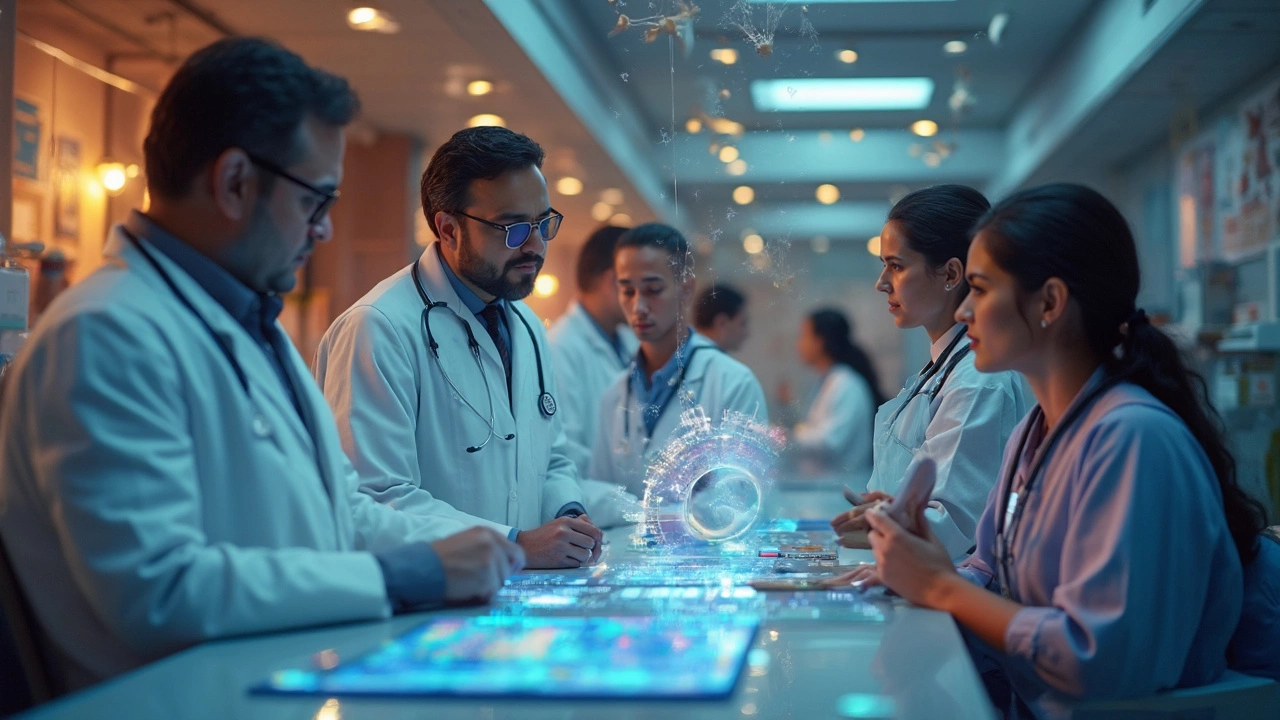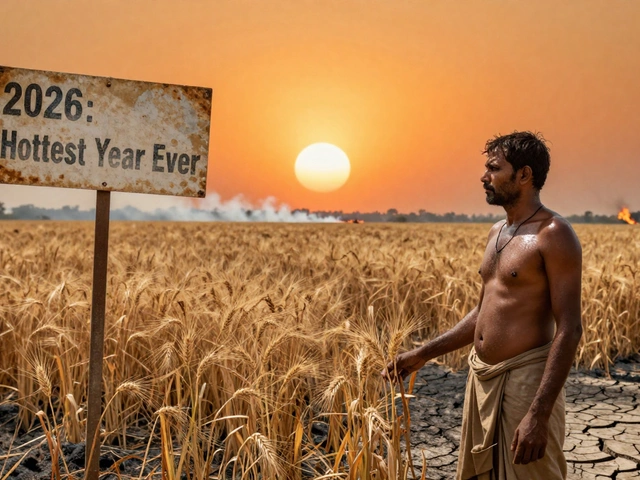Biomanufacturing: How India Is Making Drugs, Fuels, and Materials with Living Cells
When you think of manufacturing, you might picture factories with robots and steel. But biomanufacturing, the use of living cells like bacteria, yeast, or algae to produce useful substances. Also known as bioproduction, it’s changing how we make medicine, fuel, and even food—without burning fossil fuels. In India, labs in Bengaluru, Hyderabad, and Pune are now growing insulin in tanks of engineered yeast, turning crop waste into biofuel, and designing enzymes that clean up plastic. It’s not science fiction. It’s happening now.
Biomanufacturing doesn’t just replace old methods—it fixes their flaws. Traditional drug production relies on complex chemistry, expensive equipment, and toxic waste. Biomanufacturing uses biology instead: cells are programmed like tiny factories to spit out exactly what you need. biopharmaceuticals, medicines made from living systems like antibodies or vaccines, are one of the biggest success stories. India already makes over 60% of the world’s vaccines using this method. biofuels, clean energy made from algae or agricultural waste, are another fast-growing area. Companies here are turning sugarcane residue into jet fuel that cuts emissions by 80%. And it’s not just about energy or drugs. industrial biotech, using microbes to create eco-friendly plastics, textiles, and chemicals is cutting dependence on oil-based inputs across multiple industries.
What makes this different from regular biotechnology? Biomanufacturing is about scale and practicality. It’s not just about discovering a gene or editing a cell in a petri dish—it’s about making thousands of liters of product, reliably, affordably, and at a pace that meets real demand. That’s why it’s tied to things like fermentation tanks, bioreactor design, and supply chain logistics. India’s strength here isn’t just in research—it’s in building low-cost, high-volume systems that work for rural clinics and urban hospitals alike.
Below, you’ll find real stories from Indian labs and startups showing how biomanufacturing is solving problems no one thought biology could fix—from making affordable cancer drugs to turning cow dung into biodegradable packaging. These aren’t future dreams. They’re today’s breakthroughs.





